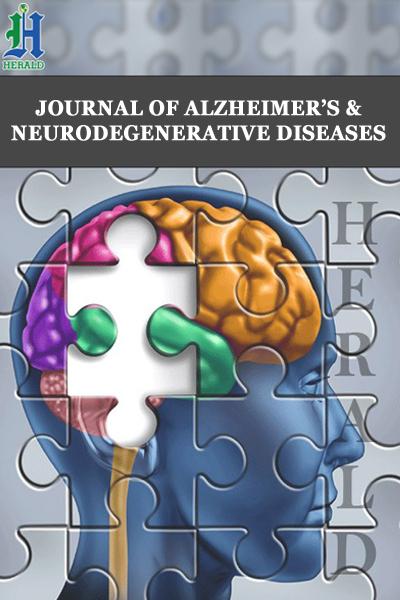
Huntington’s Disease
Huntington’s disease (HD) is a hereditary neurodegenerative disorder caused by a CAG trinucleotide repeat expansion in the HTT gene, leading to toxic mutant huntingtin protein accumulation. This autosomal dominant condition typically manifests in mid-adulthood with progressive motor dysfunction (chorea, dystonia), psychiatric disturbances (depression, irritability), and cognitive decline. Neuropathologically, HD involves prominent atrophy of the striatum and cerebral cortex. The disease course is relentless, with gradual loss of independence and early mortality. Current therapies are symptomatic, and no curative treatments are available.
Research is directed toward gene-silencing strategies (e.g., antisense oligonucleotides, RNA interference), autophagy enhancement, and neuronal protection. Biomarkers for disease onset and progression are actively being developed. The journal welcomes basic, clinical, and translational research that explores molecular pathogenesis, therapeutic development, and longitudinal progression of Huntington’s disease.

